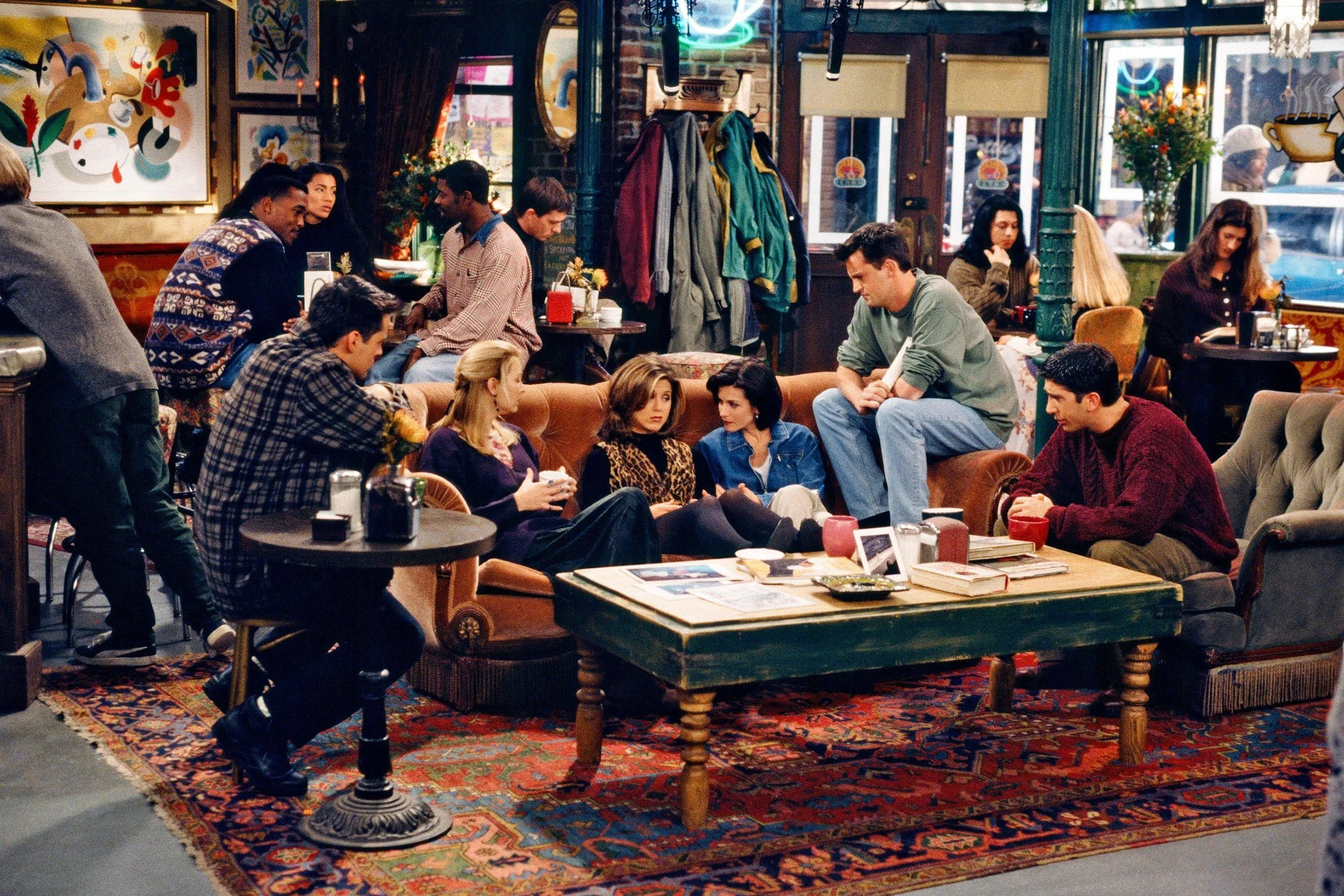‘P77’ REVIEW: As P77 Crumbles, Barbie Forteza Stands Tall
‘P77’ REVIEW: As P77 Crumbles, Barbie Forteza Stands Tall
Barbie Forteza as Luna | Still courtesy of GMA Pictures
In his previous film, Mallari, Derick Cabrido showed his affinity for remixing genres to create a unique horror mixtape. Sure, the usual tropes of generational curses, Filipino mythological creatures, and ghost stories rooted in classic local horror are still there, but the film somehow twists itself into a time-hopping sci-fi serial killer thriller about doomed romance. The success of that blend is debatable, but there’s no denying the ambition behind its ideas. P77 follows the same impulse, but on a much smaller scale — less baroque, more grounded, and far more contained in scope and ambition.
Unlike Mallari, the film tells a simpler story: Luna (Barbie Forteza), a young breadwinner from the slums of Metro Manila dreams of a better life for her family. When she lands a job as a maid on a cruise ship through her mother, Natalia (Rosanna Roces), she reluctantly accepts, despite fears of leaving behind her asthmatic brother, Jonas (Euwenn Mikaell), in the care of a mother who often disappears for days and a grandmother, Lola Martha (Gina Pareño), who is growing more senile by the day. But an incident at sea and back home cuts her trip short. Returning to Manila, she finds her mother missing, and her search leads her to a mysterious condo tower called P77, where nothing is as it seems.
While P77 may appear more restrained than Mallari, it still bears the marks of Cabrido’s desire to break away from formula. It’s more than a psychological horror film, it’s also about family, wrapped in a Lovecraftian eco-horror and supernatural packaging, or at least that’s the intention.
The problem is that the film’s unconventional ambitions are constantly undermined by conventional, even outdated, filmmaking choices. For example, the film’s overreliance on an intrusive, melodramatic score straight out of the early 2000 and cheaply edited jump scares undercut the tension rather than build it. The result feels like a film caught between wanting to be different and falling back on what’s familiar — a relic dressed in a modern cinematic coat.
Luna (Forteza) and Jonas (Mikaell) | Still courtesy of GMA Pictures
The same push-pull effect extends to the storytelling itself. P77 introduces intriguing details, but many of these threads lead nowhere.
One of the film’s central mysteries, the very thing that leads Luna to P77, is her mother’s disappearance. Her search puts her in a collision course with her mother’s former employers, Andrew Cambion (Carlos Siguion-Reyna) and Sonia Cambion (Jackie Lou Blanco), who suspiciously feign ignorance when asked about Natalia’s whereabouts. They lie to Luna’s face, and she even finds her mother’s belongings in the penthouse, confirming that she had indeed been there, long before the homeowners finally admit to hiding the truth.
And then… that’s it.
The film drops the thread almost entirely. There’s little to no follow-up. Luna even takes over her mother’s job as the unit’s cleaner, as if her sudden disappearance in that very space is no longer worth questioning.
And it’s not just that. The film is full of implications and details that suggest deeper layers, only to abandon them without resolution or any narrative support to give them weight.
In one scene, we see old photographs of the Cambions dressed in what appears to be Spanish-era clothing. Combined with the fact that they call themselves as offsprings of the devil and that these characters are portrayed by mestizo and mestiza actors, it’s not too far-fetched to think that the film might be gesturing toward our colonial past and how the exploitation and trauma inflicted by our colonizers continue to haunt our kababayans, especially those living below the poverty line, to this day.
But no, the film never goes anywhere interesting with these details. This is just me grasping at straws in the dark, trying to find meaning in a film that piles on ideas without ever fully committing to any of them. And these dangling threads accumulate, not in a way that invites ambiguity, but more like a series of winks, like Easter eggs in a superhero film, rather than actual jumping-off points for any meaningful conversation.
Granted, these points are eventually explained away by a ridiculous plot twist that harkens back to an equally ridiculous scene from Martin Scorsese’s Shutter Island, where a character painstakingly lays out the mystery’s answers point by point. Talk about trusting your audience with ambiguity.
But unlike Scorsese’s film, which at least frames its exposition with thematic purpose, P77 uses its reveal to awkwardly sweep all its loose threads under a rug. What we get isn’t catharsis or illumination, but a rushed justification that flattens whatever tension and promise the film has built up to that point.
Luna comes face-to-face with her fears | Still courtesy of GMA Pictures
What’s really frustrating is that the film had so much potential. Despite the melodramatic acting that drags down the first and second acts, Barbie finally comes alive in the third, delivering a compelling performance as a woman unraveling in her own metaphorical penthouse. Other actors might resort to the ol’ “Sisa” routine to signal madness, but Barbie keeps it grounded. Luna’s pain is etched into every corner of her face — raw, unfiltered, overflowing in the literal sense, and seeping through the screen in the emotional one. It’s a pain that feels all too real, and Barbie does her damndest to make sure you feel it too.
There’s something genuinely resonant in the image of a young woman losing her grip on reality under the weight of systemic poverty, familial obligation, and generational trauma while living in an uncaring metropolis. But instead of digging deeper into this, the film veers into a half-baked family drama and a romance that feels like it’s soft-launching a new loveteam for Forteza, abandoning the horror and social critique in favor of tidy explanations and convenient cop-outs.
In the end, much like Luna herself, the film is trapped, not in a penthouse, but in a tangle of its own half-realized ambitions. It toys with ideas of madness, colonial legacy, and family dysfunction, but never allows any of them to breathe. It gestures toward meaning, but never gets there. And no amount of screaming and crying can make up for a story that chooses escape over reckoning.
‘P77’ is now showing in Philippine cinemas.




















